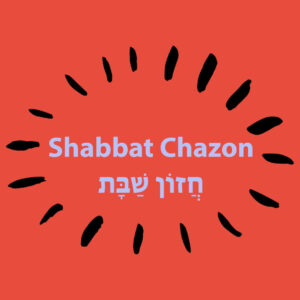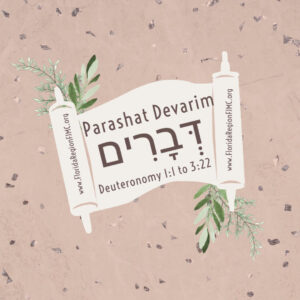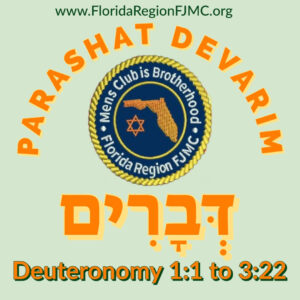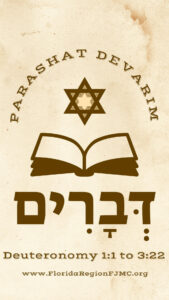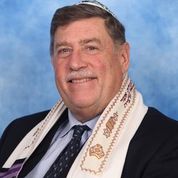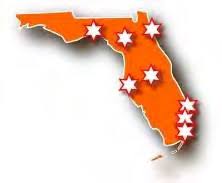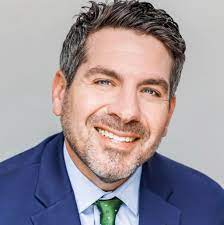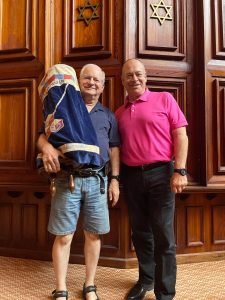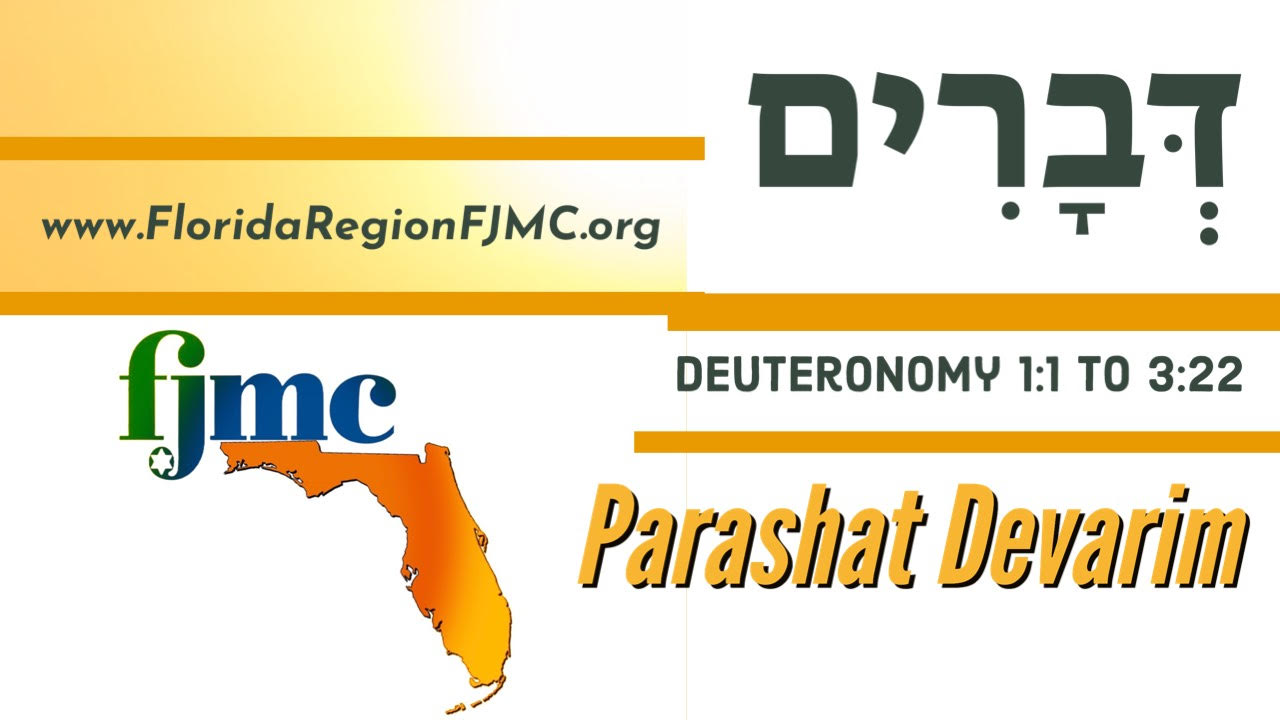
When you Choose Shabbat learn that every Shabbat is different and special; this Shabbat is special indeed. The Shabbat immediately prior to the fast of Tisha B’Av is known as Shabbat Chazon (שבת חזון), or “the Sabbath of the Vision of Prophet Isaiah”. Shabbat Chazon is also referred to as the “Black Sabbath” due to its status as the saddest Shabbat of the year, in contrast with the “White Sabbath”, Shabbat Shuvah, immediately proceeding Yom Kippur.
This we read from Parashat Devarim (דְּבָרִים), the 44th weekly Torah portion in the annual cycle of Torah readings. According to Wikipedia, Devarim (דְּבָרִים), Deuteronomy 1:1 through 3:22, contains 5,972 Hebrew letters, 1,548 words, 105 verses and makes up 197 lines of the Torah scroll. Devarim recounts how Moses appointed Chiefs, tells the tale of the episode of the Twelve Spies and close encounters with the Edomites and Ammonites, the conquest of Sihon and Og, as well as the assignment of land for the tribes of Reuben, Gad, and Manasseh.
Rabbi Michael D Klein of Temple Torat Emet offers his insights on this week’s Torah reading, Devarim for Shabbat August 2, 2024 aka 8 Av 5785:
“How often do we begin a new chapter in our lives by reviewing the events of the past? Indeed, Sedra Devarim follows a pattern that is found in Tanach quite frequently, in which, the narrator recounts events which occurred in the past to overview and clarify in order to illuminate the future.
We see this in the Book of Chronicles (Divrei Hayamim) which elucidates and provides explanations and details of events in Kings I and II and Samuel. Moses reviews the events of the preceding 40 year journey to underscore and elucidate the events from slavery and liberation, receiving the Ten Commandments and the Laws, and the 42 stops on the journey for the new generation who are about to cross the Jordan River and take possession of the Promised Land as directed by G-d with the leadership of Joshua.
Why was it necessary for Moses to restate all of these details? First, Moses uses this opportunity to teach the younger generation the lessons that their parents did not learn about the special relationship between G-d and Israel. Second, Moses wants the younger generation to be steadfast in the coming battles in order to face the challenges necessary to overcome our enemies and establish the tribal commitment to justice and belief. Finally, Moses wants the younger generation to work together and establish centrality of worship rejecting idolatry, immorality, and injustice which are exemplified by the nations they will be dispossessing.
Moses teaches us through the three discourses in the Book of Devarim that we must learn to move forward by rejecting negativity in our lives and learning not to repeat past mistakes. As the famous historian stated, “those who do not learn the lessons of history are doomed to repeat it”.
As we prepare for the fast of Tisha B’Av, may we heed the words of the prophet Isaiah from this week’s special Haftorah, “Tzion will be redeemed with justice and her returnees with righteousness”.
Questions for thought and discussion:
- Why does Moses recount the specific battles against Og and Sichon?
- Why does Moses specifically address the future leaders of the people?
- What words are contained in Sedra Devarim that are an allusion to the Book of Lamentations?
- Why does Moses reference the circling of Mount Seir for many days?
Rabbi Michael D. Klein attended Yeshiva College of South Florida and served as Torah Reader, Hebrew teacher, Chazzan and spiritual leader of various synagogues throughout South Florida. In January 2015 he became Ritual Director, Bnai/Bnot Mitzvah instructor and 7th grade Hebrew instructor for Temple Torat Emet of Boynton Beach. In October 2019 he was accepted into an accelerated track and received his smicha from Yeshiva Adath Wolkowisk and has been the Rabbinic leadership of Temple Torat Emet since August 2020. In September of 2022 he was appointed Rabbinic and Spiritual Advisor of the Florida Region of FJMC.
Choose Shabbat; choose to celebrate, to light candles, sing songs and learn a little Torah.
This moment of Jewish Learning is brought to you by the Florida Region of FJMC International (FJMC). We are part of a confederation of over 200 Jewish Men’s Clubs and Brotherhoods representing over 20,000 members across the United States, Canada, Latin America, and beyond. Learn more about how your Jewish Men’s Club or Brotherhood can affiliate with the FJMC at: https://fjmc.org/for-clubs/affiliating-with-the-fjmc/.
The Florida Region of FJMC serves the needs of affiliated Men’s Clubs and Brotherhoods throughout the State of Florida. Get to know more about the FJMC Florida Region and our growing network of Jewish Men’s Clubs and Brotherhoods at www.floridaregionfjmc.org and please visit and LIKE our Florida Region FJMC Facebook Group at www.facebook.com/FloridaRegionFJMC.
